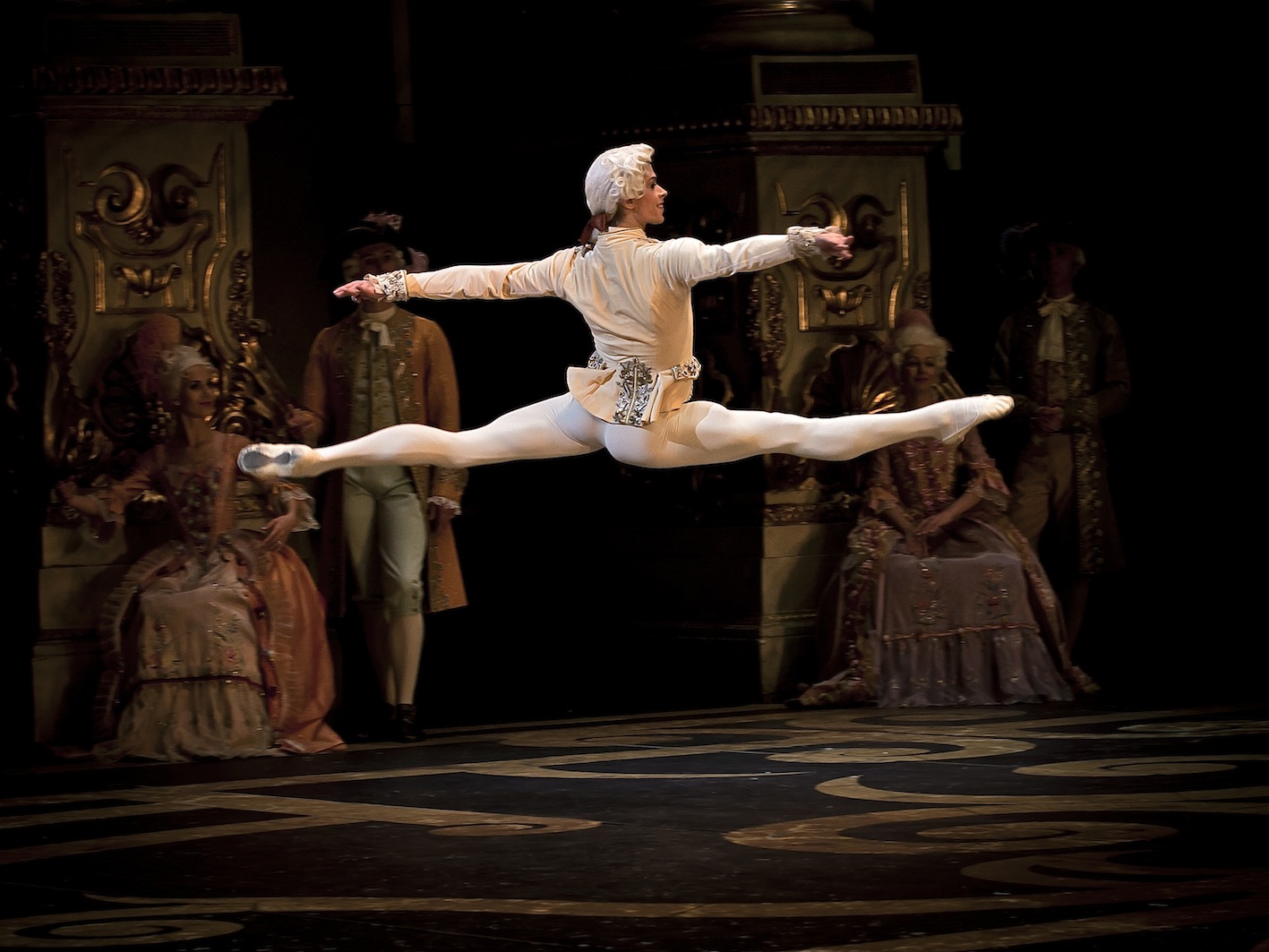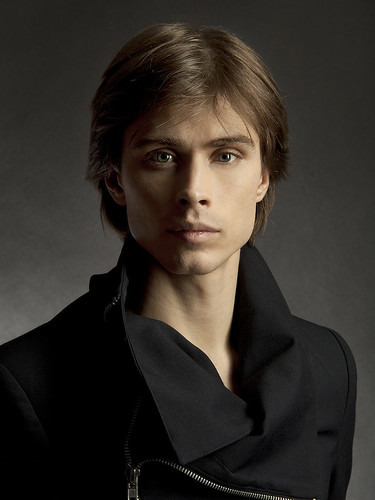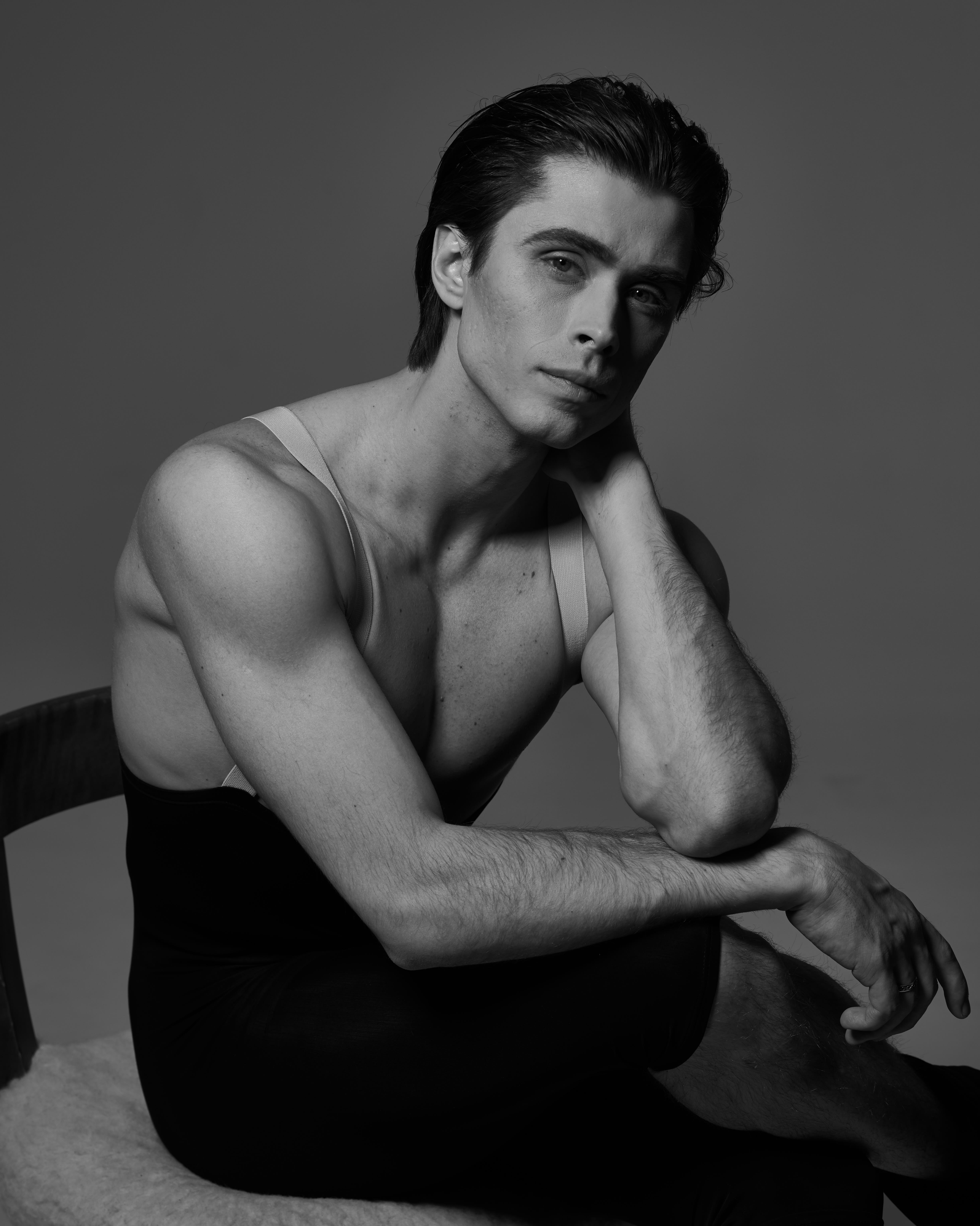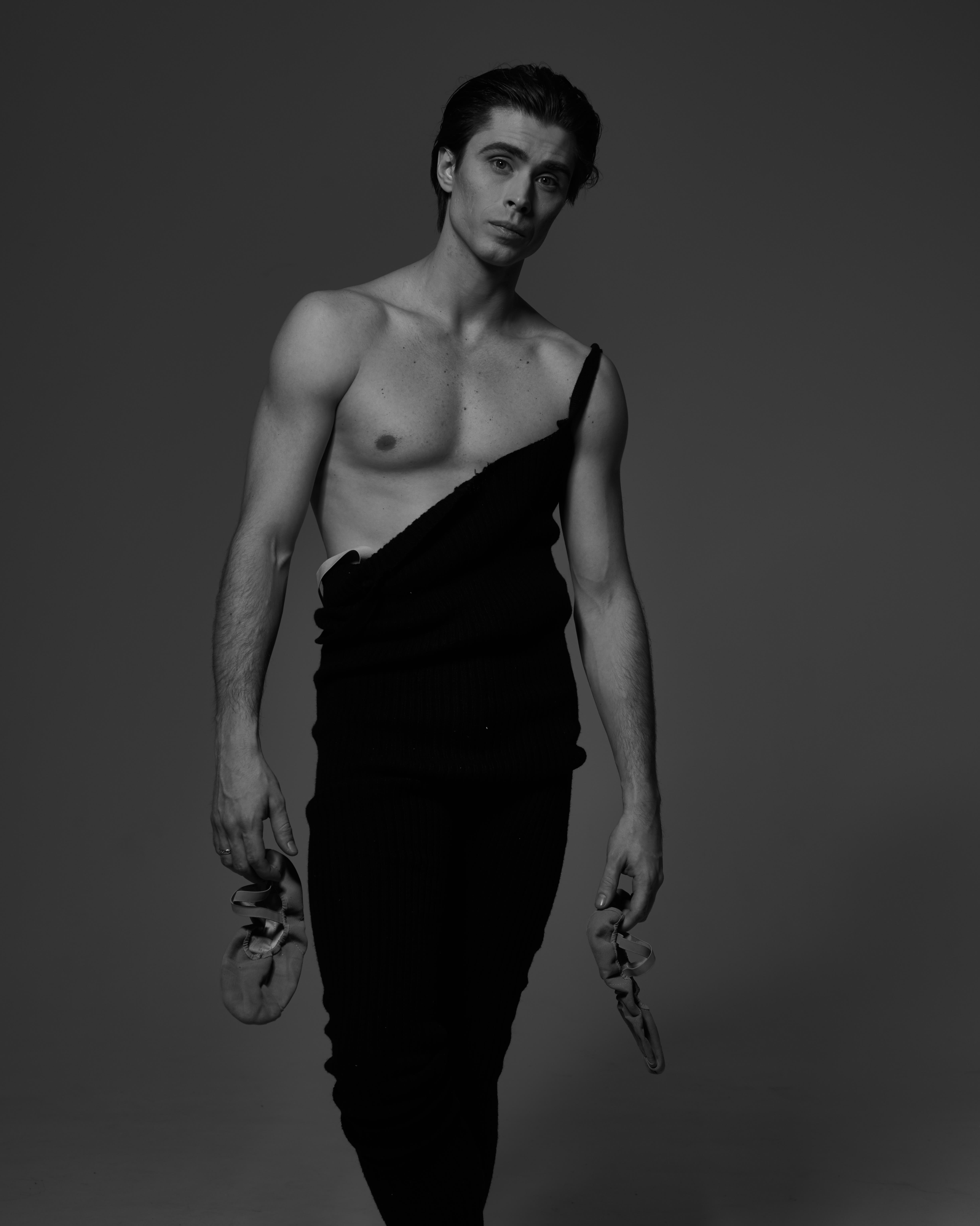Artem Ovcharenko speaks to Forbes Kazakhstan
- Details
STARS OF THE BOLSHOI THEATER TO PERFORM IN ALMATY
Forbes Kazakhstan — 18 January, 2019
Aliya Zhanibek
translated by Marguerite Wiewel
The ballet "Sleeping Beauty" will be shown on Sunday, January 27.
The stars of the Bolshoi Theater of Russia, Principal Artem Ovcharenko and prima ballerina Anna Nikulina, will perform in Almaty on the stage of the Kazakh State Academic Theater of Opera and Ballet named after Abay on January 27. At the invitation of the company ArtClassic, they will present to Almaty and guests of the city one of the most popular ballets in the world, Sleeping Beauty, to the brilliant music of Pyotr Tchaikovsky and with exquisite choreography by Marius Petipa. Artem Ovcharenko, who already had the honor to speak to the Kazakhstani public during the II Ballet Globe festival, on the eve of the performance spoke about the difficulties of the ballet dance profession, the philosophical approach to life and the fateful performance.

Photo © David Makhateli — Artem Ovcharenko as Prince Désiré, Royal Opera House
From the whole of your repertoire, what place in your personal rating is occupied by the ballet "Sleeping Beauty" and why?
I do not divide ballets into important and minor ones, and I try to invest entirely in each of my performances. The "Sleeping Beauty" ballet occupies an important place in my repertoire and I treat it with great reverence. This is a classic canvas, past the test of time, a heritage that must be preserved and maintained at a high performing level for future generations
Was it easy to dance with the ballet troupe of the Abay Opera and Ballet Theater? What is your opinion about our city and ballet traditions among colleagues from the ballet world?
I have already come to you with the play "Romeo and Juliet", and I have only pleasant memories. I liked the attitude to the artists, and how everything was organized by the Ballet Globe Festival. I remember the kindhearted atmosphere in the theater and the grateful audience. Therefore, I gladly accepted another invitation. I haven’t met the city yet, but I hope to fill this gap. As for the ballet traditions, in Kazakhstan there are many talented, technically strong colleagues and working with them is a real pleasure. This impression of me is confirmed by the repertoire of your theater, which only a very strong ballet troupe can support.

Photo © Dmitry Konstantinov
Are there any performances, perhaps modern choreographers, who would respond to your soul in a special way, teach life?
It happens that you leave for travel by one person, and return by another. Something similar happens after you live some performances – both classical and modern. For me, mastering a new choreography is always a journey to new horizons of one’s own physical, psychological, and even ideological qualities. These are new knowledge, meanings, acquaintances and friends. There are ballets, especially with a deep dramatic component, from which I emerge internally renewed and even matured.
Tell us about the pitfalls of the profession. How stable is the position of the ballet dancer? What are the occupational risks that you fear?
Your question already contains elements of fears on which the artist should never get hung up. Such fears only distract from the creative process. Of course, in the profession of a ballet dancer, we constantly face risks and dangers: physical injuries, occupational diseases of the musculoskeletal system, a career that is knowingly shortened compared to the average person, and finally the disfavor of the audience or theatre administration (leadership). But the constant obsessing these risks in the head only attracts trouble. For example, an artist experiencing the fear of falling or panicking because of the reaction of the viewer will rather make a mistake and become injured. Have you seen a child dance? – without fear, surrendering to the whole soul. And what an organic dance it turns out! Strictly speaking, prudent risk management is already included in the work of a ballet dancer – this is a daily class, proper warm-up, reasonable use of individual anatomy and physiology when performing certain pas, refusing bad habits (I do not smoke or drink alcohol, for example). It is also important to be versatile and develop additional skills that would help to continue the work, one way or another connected with ballet or to master a completely different sphere after the end of a dance career.
Did you have any personal serious sacrifices in life to achieve the status of the Bolshoi’s premier?
I do not use the word "sacrifice" in terms of 'victim' as applied to my life. I don’t have the feeling that I sacrificed something. When doing things you love, self-discipline and self-restraint are not perceived as deprivation. On the contrary, I see in this the exclusion of all superfluous and through this I acquire the necessary freedom. A different understanding of the meaning.

Photo © 2018 Slava Kritz for Anna Russka Magazine
What value do you give to the secular side of the artist's life? Receptions, shooting in magazines and television projects - this is for you an advantage or lack of a profession?
Again I will answer philosophically: if you are open to the world, the world opens for you. For me, secular receptions, shooting for glossy magazines, television projects are not an end in themselves. I just try to enjoy communicating with creative people from other fields. I do not ask myself whether this is good or bad. PR can help, and maybe harm. It seems to me that in any environment you just have to be yourself, real and honest, and then the public side of our profession becomes rather an advantage.
Are you thinking about your daily bread? Can a world ballet star afford not to think about the financial side of life?
Trite, but true: the higher the earnings, the greater the need. This is an endless race. I do not play games with a demonstration of social status at the level of things: whose watch, car, house, yacht is more expensive? I love what I do, and, of course, I am glad that I am also well paid for this happiness. At the same time, I try to spend my earnings wisely and think about improving my financial literacy, because I have a family and a charming daughter is growing up.

Photo © 2018 Slava Kritz for Anna Russka Magazine
The entrance to the ballet world is made in childhood, and this decision is usually made by parents. In your story, was there any resistance to this choice? Was there a desire to quit the profession at a more mature age?
From early childhood I grew up as a very energetic child. I have tried various sports sections, martial arts, circus and dance clubs, and nowhere for a long time did I linger, I quickly lost interest. But once my mother took me to the opera and ballet theater in my native Dnepropetrovsk for the ballet performance of "Don Quixote", and this trip became for me momentous: I immediately realized that it was mine. Therefore, no one took decisions for me. And later I never had doubts that my choice was the right one. Perhaps I can be called lucky.
Would you like children to follow in your footsteps?
If our daughter wants to follow in mine and Anna's footsteps I, of course, will support her and teach her everything I know. But if she prefers a different profession, I will not be upset either. I believe that it is impossible to impose on children the parents' own interests and desires, because they have to live not ours, but their own lives. It is important to support the child in his or her own choices based on individual inclinations and personal interests.
